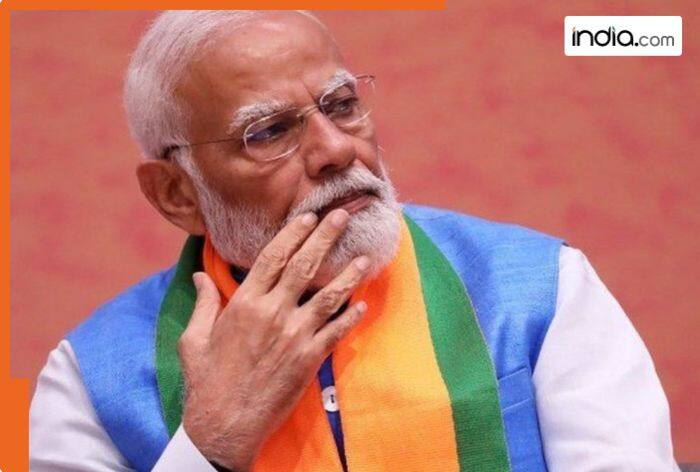The United States imposed another 25 percent tariff, bringing the total to 50 percent. It is important to note that apart from India, only Brazil has been subjected to such a heavy tariff.

New Delhi: The additional 25 percent duty imposed by US President Donald Trump came into effect on Wednesday. The total tariff on India has touched 50 percent, the highest compared to any other country in the world. The textile sector has reportedly started facing the impact of the tariff surge. Reports suggest that textile production has been halted in many major cities across the country.
To recall, Trump had initially imposed a 25 percent tariff on India and also levied a penalty for purchasing Russian oil. After that, the United States imposed another 25 percent tariff, bringing the total to 50 percent. It is important to note that apart from India, only Brazil has been subjected to such a heavy tariff.
FIEO Issues Statement
S.C. Ralhan, President of FIEO (Federation of Indian Export Organisations), said, “Amid rising cost competition, textile manufacturers have halted production in Tiruppur, Noida, and Surat. The sector is lagging behind low-cost competitors such as Vietnam and Bangladesh. As for seafood—particularly shrimp—since the U.S. alone accounts for nearly 40 percent of India’s seafood exports, risks have increased due to inventory shortages, supply chain disruptions, and the hardships faced by farmers.”
Ralhan further added that a 50 percent tariff would have a severe impact on Indian goods in its largest export market. According to the Indian Express report, he warned that Indian products headed to the US could take a major hit. Ralhan also said that compared to China, Vietnam, Cambodia, the Philippines, and other Southeast and South Asian countries, Indian goods have been pushed out of the competition.
Talks between India and the US
According to the reports, senior officials of India and the United States discussed strengthening civil nuclear cooperation, along with bilateral relations in areas such as trade and investment, critical minerals, and energy security. The talks, held digitally on Monday under the framework of the ‘2+2’ Inter-sessional Dialogue, took place against the backdrop of tensions in bilateral ties due to the Trump administration’s policies on trade and tariffs.















































